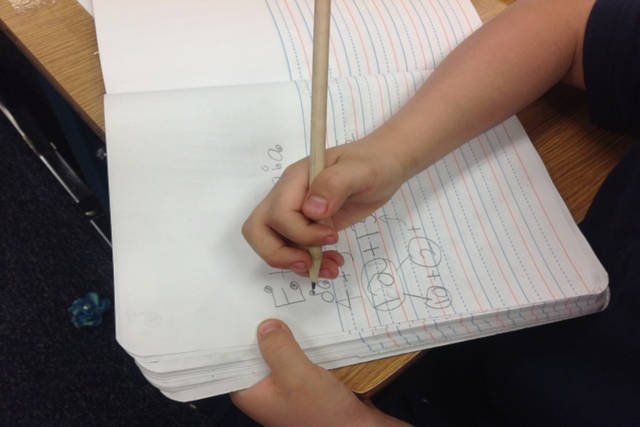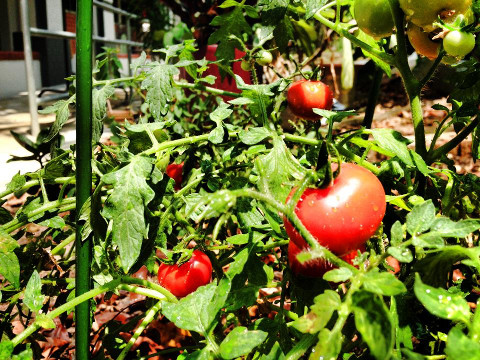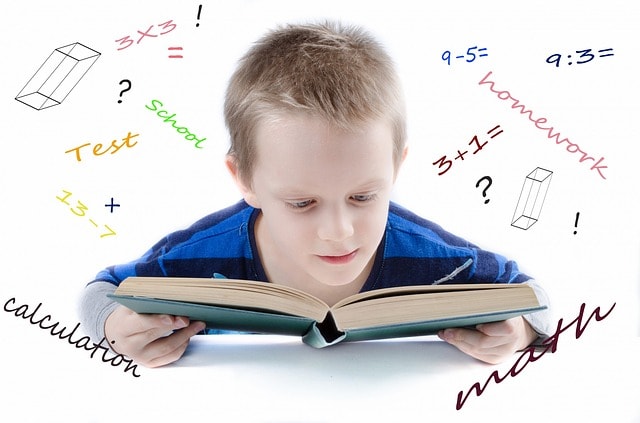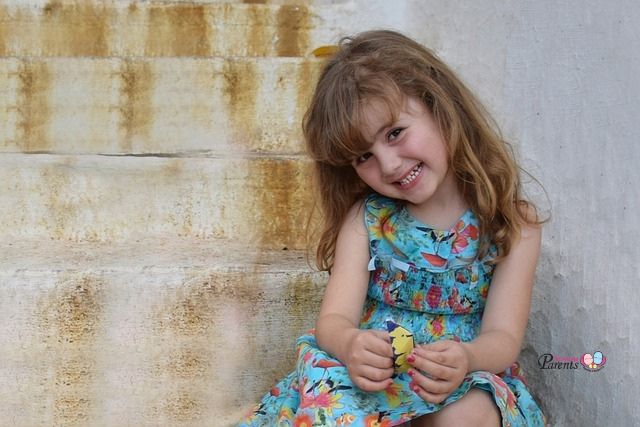When a child enters Primary 1, the mathematics syllabus does not assume any formal learning. However, the following are basic pre-numeracy skills that are necessary for providing a good starting point.

Basic Pre-numeracy Skills
- Matching
The child begins by matching things that have the same characteristics (color, shape and size) using concrete things followed by pictures.
- Sorting
As they begin to match more than two things, they are sorting. This involves separating things into groups according to similarities. This involves the following steps:
– Deciding which characteristics to sort
– Physically sort
– Describing the reason for their choice
- Comparing
For example, the child is able to compare quantity (more, less, same) or length (longer, shorter, same) of things.
- Basic Shapes
The child is able to recognise basic shapes (like squares, rectangles, circles and triangles) around them. For example, a slice of bread may look like a square, a wedge of cheese may look like a triangle and so on.
- Counting
Basic counting to 10 by singing, using fingers, abacus beads, toys etc.
Some common errors in Primary School Maths
- 7 is 2 less than ____.
The child would say the answer is 5, because they see the word “less” and simply compute 7 – 2 = 5.
- 3 – 7 = 4
The child writes a wrong subtraction statement by using a smaller number to take away a bigger number.
- Peter has 3 marbles. He buys 2 more and gives 1 to Jane. How many does he have now?
- 3 + 2 = 5 – 1 = 4
Here the child understands how to solve the problem, but does not know what the “=” sign means.
- 2 x 3 = 6 is the same as 3 x 2 = 6
Although the answer is the same, these multiplication statements do not mean the same thing.
By Lau Chin Loong
Co-founder of Seriously Addictive Mathematics (S.A.M), he is also the lead mathematics curriculum developer for S.A.M and the principal trainer for the franchise. He holds a Bachelor’s degree in psychology from Dalhousie University (Canada) and has an MBA from Leicester University (UK). He also holds a Post-Graduate Diploma in Education from NIE (NTU). Before co-founding S.A.M, he was a primary school teacher. He has taught at Swiss Cottage Primary School and Anglo-Chinese School (Barker). Chin Loong was in consumer banking at the United Overseas Bank prior to joining M.O.E. as a teacher.
This was first published in Parenting with Love: Preparing your child for Primary School.
For videos on Bar Modelling, visit Math Made Easy with S.A.M.
Seriously Addictive Mathematics In A Nutshell
SAM is an award-winning Maths program based on the Singapore Maths syllabus, suitable for children from 4 to 12 years of age. The program is delivered through a combination of Worksheets learning as well as Classroom learning. Students learn Singapore Maths at their own pace, according to their own ability. The unique program is rapidly gaining popularity with parents in Singapore as well as in other countries like Malaysia, Thailand, India and the United States.
Website: seriouslyaddictivemaths.com.sg
Tel: 81274326
Email: enquiry@seriouslyaddictivemaths.com.sg
Facebook: @seriouslyaddictivemaths
* * * * *
Like what you see here? Get parenting tips and stories straight to your inbox! Join our mailing list here.
Running a service or business targeted for parents? Reach out to a wider audience in our Best Math Classes For Kids compilation. Leave your contact details here and we will get in touch with you.

























































Leave a Comment: